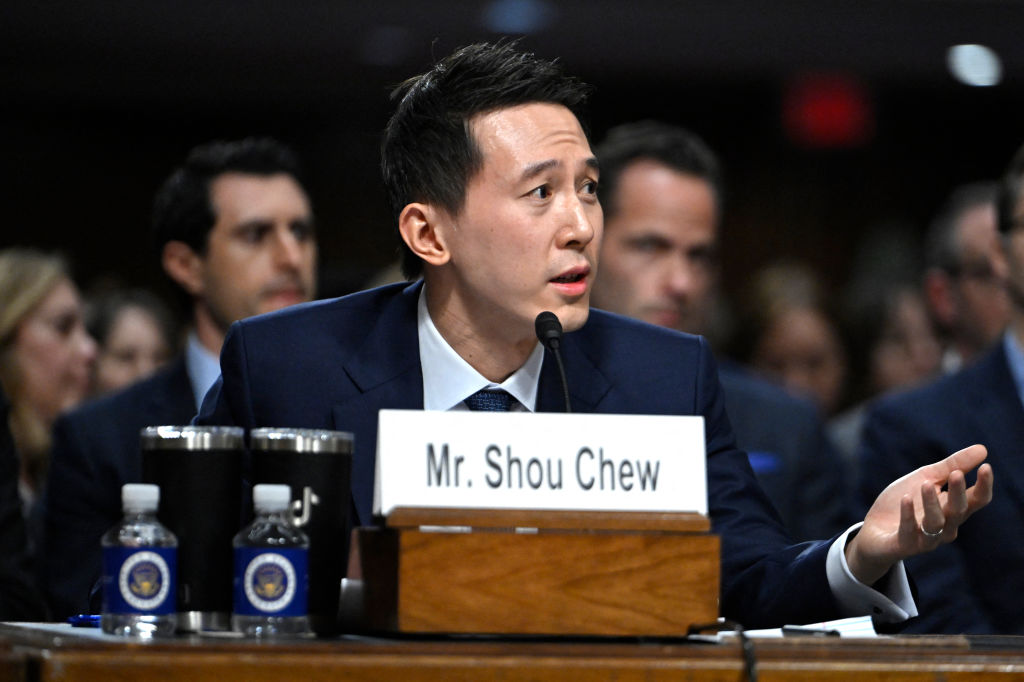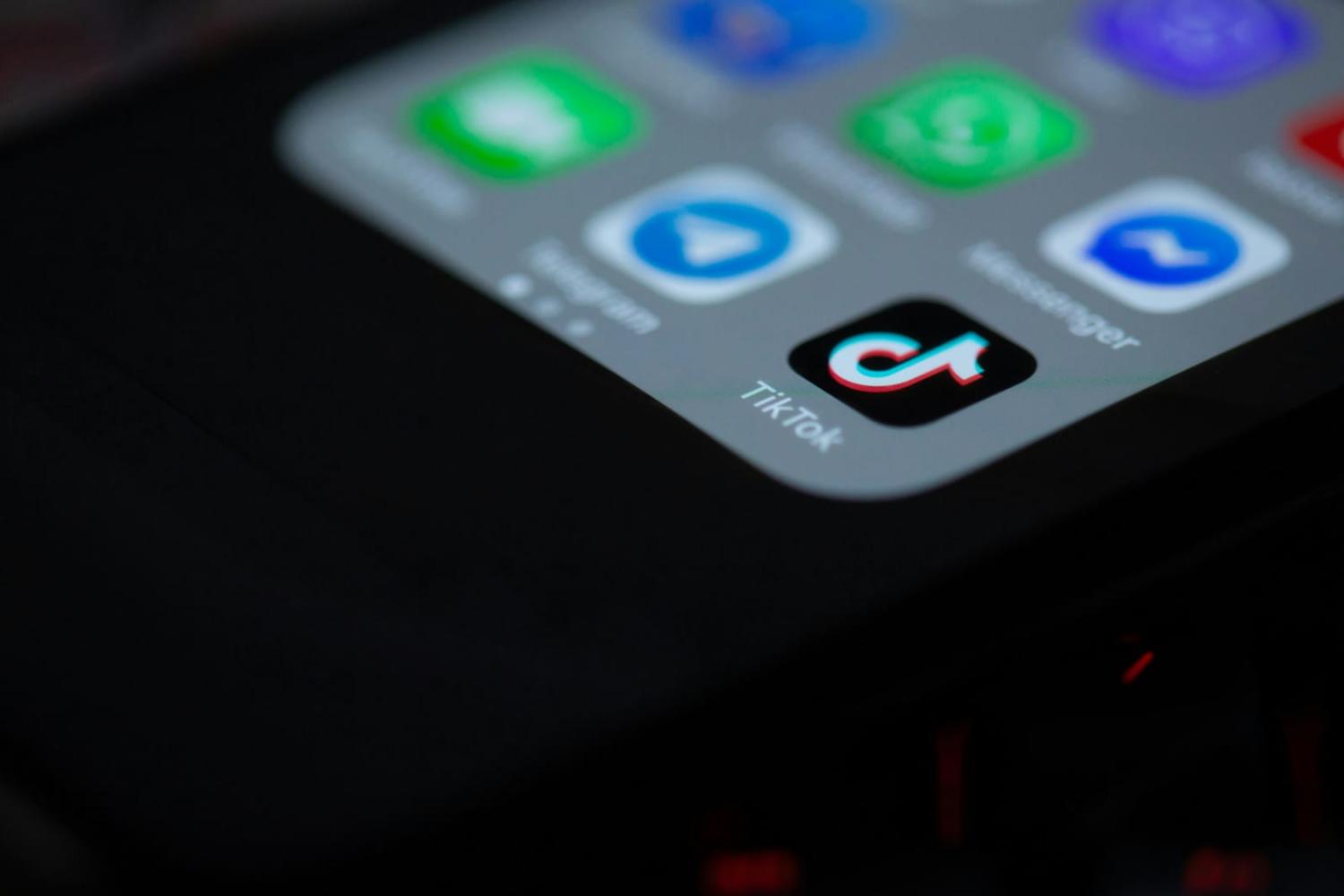TikTok has shot to prominence for its short – regularly viral – videos. So there was no little irony when the platform also helped to catapult views of a heated exchange last week in the US Capitol between TikTok CEO Shou Zi Chew and Arkansas senator Tom Cotton. Chew is Singaporean, but Cotton appeared fixated on questioning Chew’s nationality.
TikTok has been front of mind for those who are concerned that Chinese authorities could – and already do – access their citizens’ TikTok user data. Despite Chew’s clear and repeated assertions of his Singaporean citizenship and identity, Cotton persisted in quizzing Chew’s ties to China, probing whether Chew had a Singaporean passport as a Singapore citizen, had ever applied for Chinese citizenship (Singapore does not allow dual citizens), or was a member of the Chinese Communist Party, which requires Chinese nationality.
Questioning loyalty based on ethnicity is unfortunately not new. A few years earlier during an Australian senate hearing, Senator Eric Abetz asked Chinese Australians Yun Jiang, then director of the not-for-profit China Policy Centre, and Osmond Chiu, a research fellow at the think tank Per Capita, if they would condemn the Chinese Communist Party.
For many Asians and Asian diasporic communities in the West, such incidents reflect experiences of everyday racism and xenophobia. For Singaporeans, the Chew-Cotton exchange brought Chinese ethnic Singaporeans into the crosshairs of heightened geopolitics and racial misconceptions once again. The conflation of Chinese Singaporeans with Chinese nationals by some in the West – and even in China – has evidently not improved since the city-state’s independence. This conflation has gone so far as to create the assumption that Singapore therefore can only act for Beijing’s interests. A superficial view sees Singapore and China as single-party states with an ethnic Han majority and Mandarin as an official language.

But to believe Singapore is a Chinese nation, completely ignores how the city-state and China differ greatly in multiculturalism, language, governance, economy, foreign policy, and histories. Unlike China, a growing opposition party is reinvigorating democracy in Singapore, with a multiracial, multicultural, and multilingual population where English is the city-state’s lingua franca and Mandarin is only one of four official languages.
As Singaporean Ambassador-at-Large Professor Tommy Koh puts it, “China has to understand that Singapore is a multiracial and not a Chinese nation. Further, as a sovereign and independent country, Singapore’s interests are not always similar to those of China.”
Singaporean leaders have lived this misunderstanding on the international level. In 1967, then Prime Minister Lee Kuan Yew was asked by a New York Times journalist, “Speaking as a Chinese who understands China, can you make an estimate or a guess as to the future of China?”. The senior Lee sharply replied, “First of all, I can’t speak as a Chinese because I am a Singaporean. I am of Chinese ethnic stock and this is crucial.” (My emphasis.)
Some may chalk this misunderstanding up as a reflection of the 1960s, yet sixty years later in 2022, Prime Minister Lee Hsien Loong was asked by a Time Magazine journalist if “the Biden Administration had accepted your proffered role as Beijing whisper[er] and also on Capitol Hill”. To which, the junior Lee replied, “I am not a Beijing whisperer … We are not part of the family. We are Chinese, ethnic Chinese majority country in Southeast Asia. [We are] multi-racial, multi-religious, with independent national interests and priorities. And they treat us as such, and we remind them that that is so.”
In this reply, Lee alluded to the source of the misunderstanding. There needs to be a clearer distinction in English between the various meanings of the word “Chinese”. At present, it can refer to citizenship, ethnicity, language, script, or even cuisine. Mandarin speakers can easily differentiate between a citizen of the People’s Republic of China (中国人, or “Zhongguo ren”, literally meaning “Middle Kingdom person”) and a Singaporean (新加坡人, or “Xinjiapo ren”, literally meaning “Singapore person”), or between the various ethnicities such as Chinese Han ethnic people (华/華人, or “Hua ren”) and even the Lees’ Peranakan ethnicity (峇峇娘惹/峇峇孃惹, or “Baba niangre”). Such distinctions are lost in English, leading to Cotton’s confusion.
On the home front, Singaporeans should watch this exchange – and all exchanges Chew is likely to face in the near future – carefully. For a small state, it is still a novelty for everyday Singaporeans to see a fellow “Singaporean Son” engage on the world stage in such a visible manner; an even rarer sight to see someone who is not part of the political establishment. Prime Ministers Lee and Lee represented Singapore as heads of government with a political mandate while they faced conflations of Singapore and China. In this case, Chew represents a private, for-profit company in the middle of the world’s two largest powers. The hard truth is that Chew’s Singaporean nationality does not hide the fact that he leads a wholly owned subsidiary of one of China’s largest tech firms, and cannot guarantee that he will never be beholden to Beijing’s indirect influence.
This was not the first time Chew testified in Congress over national security concerns around data and Big Tech, and very likely won’t be his last. With a non-technocrat Singaporean in the middle of Beijing and Washington’s rivalry, the risk of misunderstanding or misrepresentation on such an international scale will have significant implications for Singapore’s geopolitical position and reputation, never mind should an actual geopolitical security issue arise.
For Singaporeans, this viral moment is a stark reminder of the challenges they face as a small nation and a call to remind their international counterparts that Singapore will follow its own national interests. For the West, it is not just a reminder about correcting misconceptions; if the West wants to engage with the world, they should heed calls for a more informed and nuanced understanding of the Asia that recognises the nuances of history, coloniality, ethnicity, language, and nationality.

